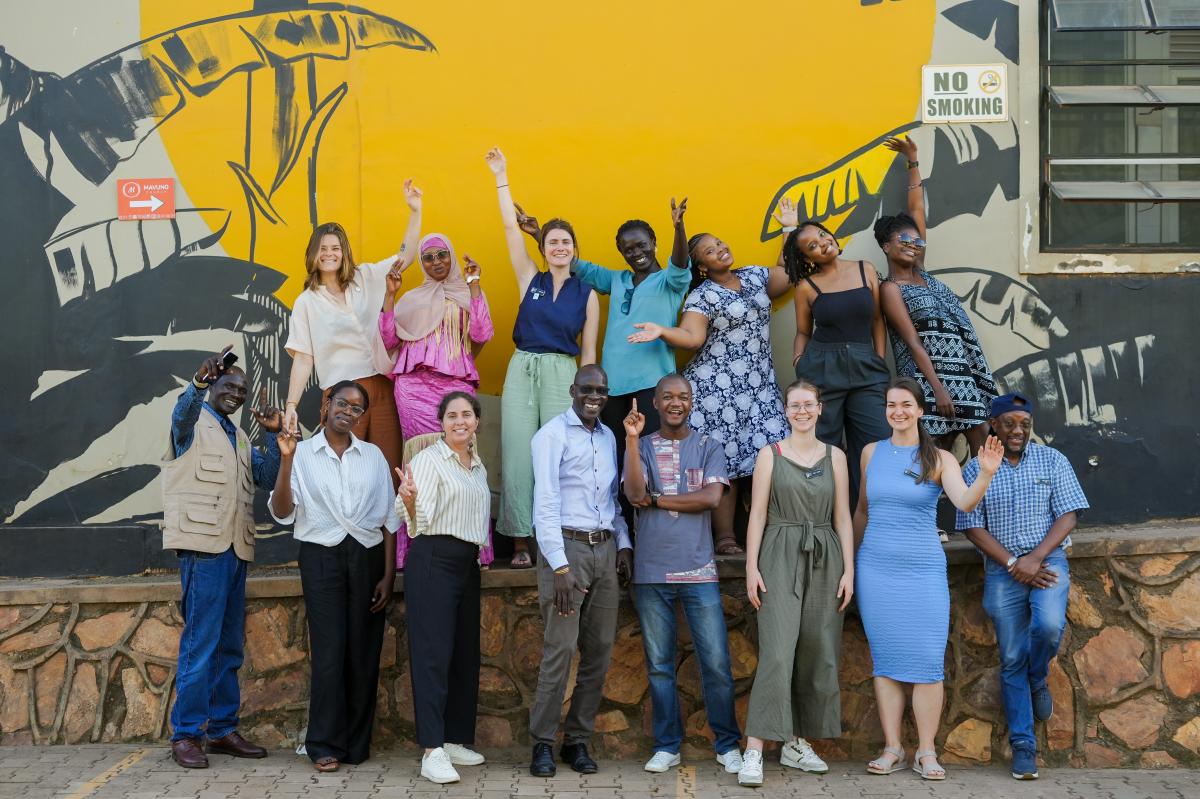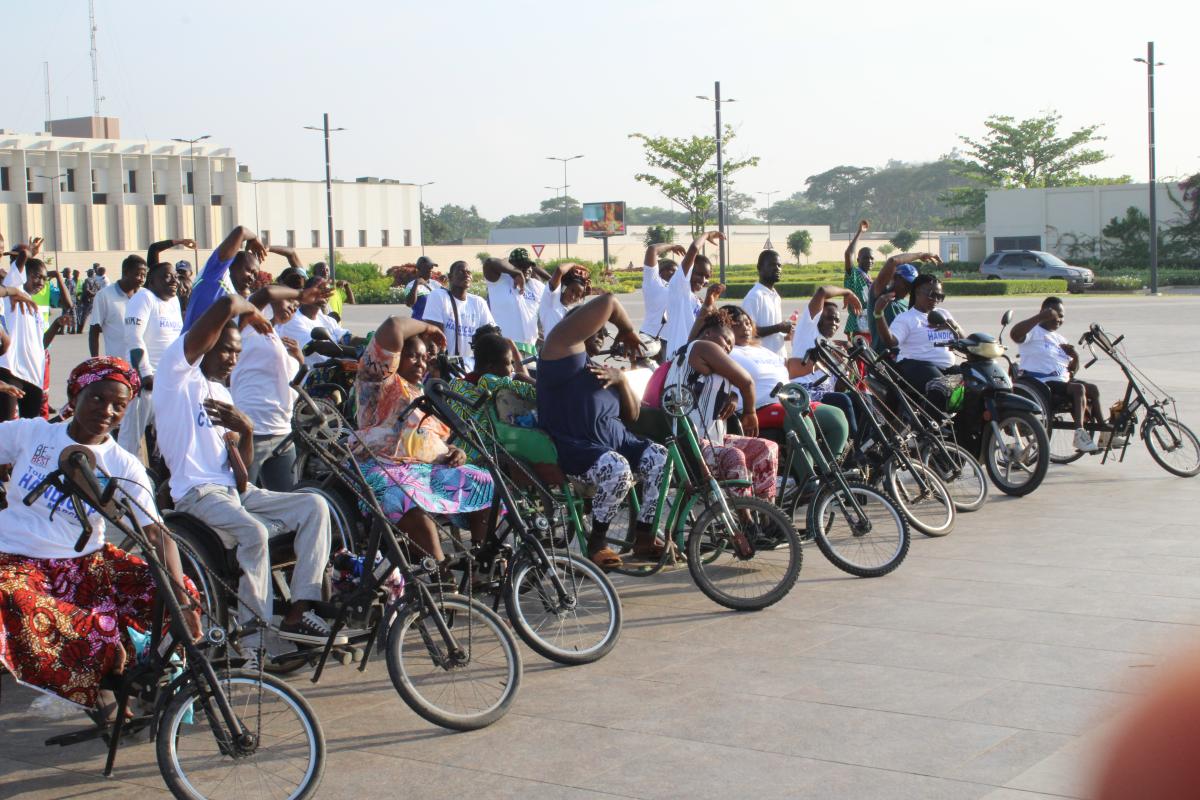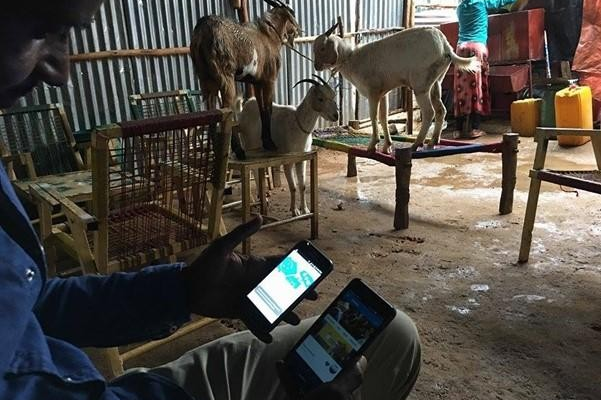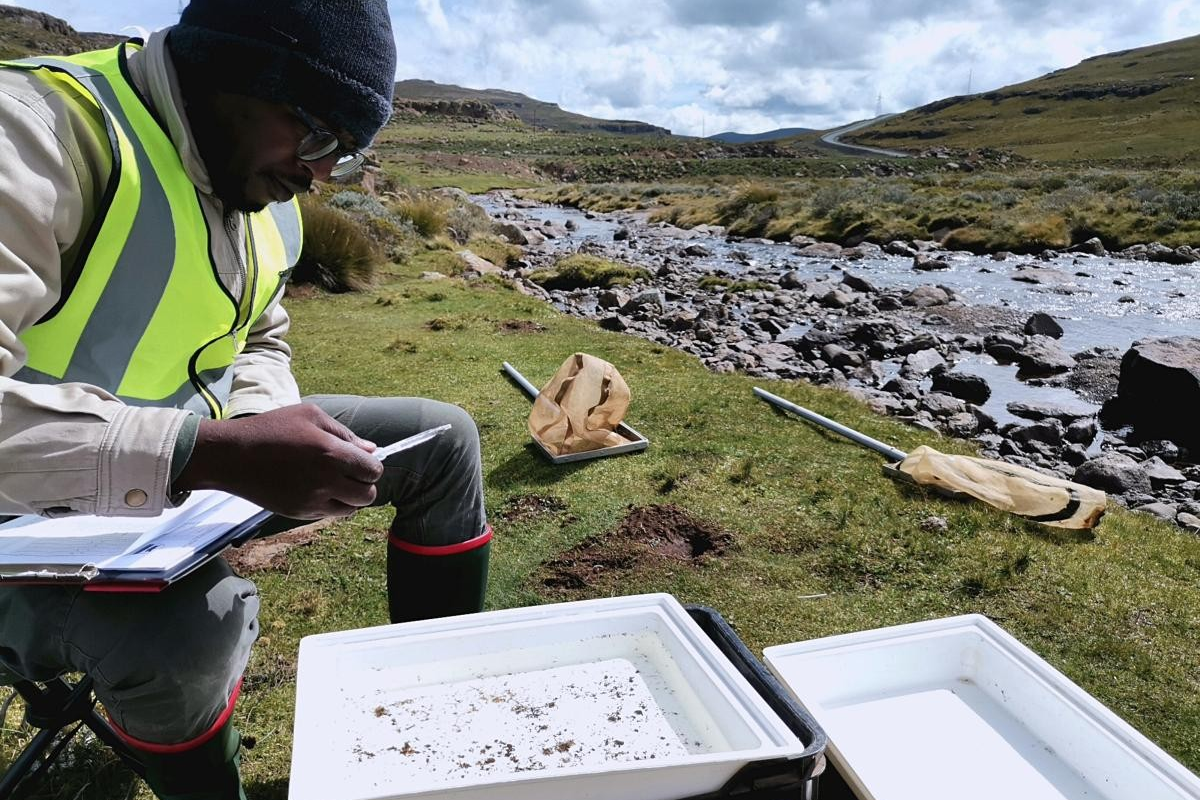Empowering African innovation: public innovations selected to scale their impact
Through grants and capacity building, the Enabel Innovation Hub enables not-for-profit and public stakeholders to implement data-driven digital solutions to social challenges by bridging digital divides in urban/rural, gender, and youth. Ultimately, the programme improves the quality of decision-making and policy-making using data.
Fostering data-driven innovation
The Enabel Innovation Hub, under Team Europe's Data Governance in Africa Initiative aims to identify and support the scaling of Digital Social Innovations (DSIs) in Africa implemented by public institutions, academia, Civil Society Organisations (CSOs), Non-Governmental Organisations (NGOs) and Social Enterprises. The programme began with a Call for Proposals in April 2024, inviting African not-for-profit and public stakeholders to submit proposals for innovations that close existing digital divides/gaps (e.g., urban/rural, gender, youth, etc.) in E-health, digital inclusion, climate change, and governance. 117 applications were received from about 20 African countries by the May deadline. After a rigorous selection process the following public sector DSIs were selected for their strong potential in innovation, societal impact, scalability, and cross-border reach. Aligned with the initiative’s objectives, each selected DSI will have the opportunity to refine strategies, receive technical input to data-challenges, explore sustainable finance and partnerships to scale their project for impact through expert guidance, peer exchange and workshops.
Meet the 6 winners supported by Enabel Innovation Hub
- iKnowFarm, Uganda
Implemented by Welthungerhilfe (WHH), iKnowFarm is a data-driven app revolutionising agriculture in Uganda through its climate-smart approaches. By providing farmers with real-time insights, expert guidance, and market access, iKnowFarm drives sustainable farming practices and fosters economic growth across Uganda. - MICE-RIoT, South Africa
Implemented by Planact, the MICE-RIoT (Monitoring Indoor Climate Extremes involving Residents and IoT) project harnesses IoT technology to monitor indoor climate conditions in informal settlements in South Africa. By using wireless sensors, it collects and analyses real-time data on indoor heat levels, empowering residents to address health risks and advocate for improved housing. The system includes community training, data visualisation dashboards, and policy advocacy, intending to influence housing regulations to enhance climate resilience. This scalable, open-source solution combines community-driven insights with technological innovation, promoting sustainable housing practices and improving living conditions for vulnerable populations exposed to extreme heat. - Citizen Science for Water Management (Mozambique, Botswana, South Africa)
International Water Management Institute (IWMI) ‘s Citizen Science Initiative in the Limpopo River Basin aims to empower local communities to manage their water resources actively. By providing user-friendly tools such as MiniSASS and clarity tubes, along with AI-driven monitoring systems, the initiative enables residents to collect essential data on water quality and flow. This data will be uploaded to a central digital platform, analysed, and integrated into a Digital Twin of the river basin. The insights gained from this real-time data will support decision-makers, improve water management practices, and promote the sustainable protection of this vital ecosystem for future generations. - FAIR (Ethiopia, Kenya, Uganda, South Africa)
The Europe External Programme with Africa (EEPA) provides interoperable, secure datapods that enable the safe storage and analysis of refugee data, enhancing rapid responses to human rights abuses. Built on open-source technology and aligned with the FAIR principles – Findable, Accessible, Interoperable, and Reusable – these datapods prioritise data privacy and ownership while enabling insightful analysis. Through co-created user interfaces and comprehensive training, EEPA empowers humanitarian organisations to protect vulnerable communities and advocate effectively for their rights. - REC Maternity, Guinea
Since 2019, Terre des Hommes (TdH) has been deploying a decision-support tool called REC Maternity. This tool aims to improve the quality of care for mothers and newborns. By 2026, the governance of data collected through the use of this tool will be strengthened, enhancing the accuracy of diagnoses, protecting patients, and informing decision-makers. Integrated into the national health system, this initiative prepares for a sustainable and responsible scaling-up of REC Maternity in Guinea and across Africa. - RADAR, Benin, Democratic Republic of the Congo
Implemented by Handicap International, RADAR is an innovation that focuses on the implementation of the Rehabilitation module within the District Health Information System 2 (DHIS2) in Benin and the Democratic Republic of Congo. This open-source software is customised to collect, analyse, and visualise rehabilitation data, integrating key indicators to strengthen health information systems. By facilitating routine monitoring and supporting data-driven decision-making, the project aims to enhance rehabilitation services. It emphasizes local engagement, the training of healthcare professionals, and alignment with existing health infrastructures and policies, ensuring sustainability and scalability across Africa.
Latest news from this project
No news




